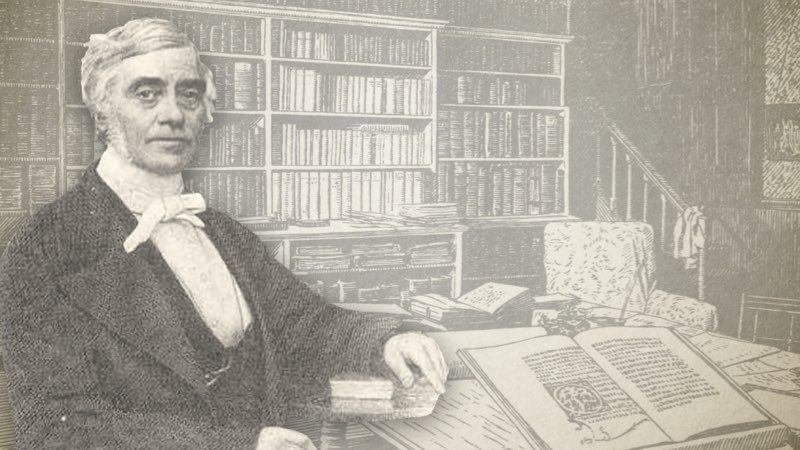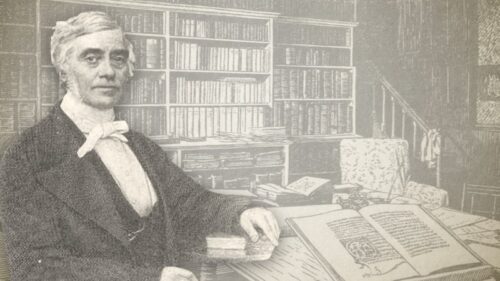-
“Easy” Misses The Point
Do you ever feel there is more to the gospel than most people make out? Someone says, “The gospel is easy, all you have to do is believe”. Well that sounds easy. What do I have to believe? “Oh, just believe that Jesus died.” H-okay. Everyone dies – so that’s not hard to believe. Does that make me a Christian? “Well no, you have to believe He rose again from the dead, as well”. Okay. I can do that. Right, done. “And that He went to heaven. And that He is coming back.” Okay. Anything else? “Well, you must believe in God and believe you’re a sinner.” “And you have to worship, and trust in the blood, and get baptised.” “You have to repent and…
-
That I Might Know Him
-
The Free, Eternal, Sovereign And Unalterable Love Of God
December 12, 1834. My dear Mrs. Rackham,—Having an opportunity of sending a letter to town, I avail myself of it to redeem my promise of writing to you. You are now, doubtless, thoroughly settled in your new abode, and in some measure reconciled to your mode of life. The noise and bustle of Rochester must have seemed very strange to you at first, and I dare say you have often turned in thought to your former quiet abode, where almost the only noise was from the brook that ran by your window. But if faith is in exercise, the hand of God will be seen in this change. And besides, what does it really matter where we spend the few years of our pilgrimage here…
-
Precious Death
It is strange to think of death as something precious. Death is our enemy, the wages of sin, the harbinger of sorrow (1 Corinthians 15:26, Romans 6:23, Psalms 166:3). Yet, the Psalmist tells us that the death of a Christian is a precious matter to the Lord. What strength this must give every child of God as they anticipate their own death and what comfort to those who lose a loved one in the Lord. Precious in the sight of the LORD is the death of his saints (Psalm 116:15). Spurgeon points out that Jehovah himself, views the triumphant deaths of his people with sacred delight. ‘They shall not die prematurely’, he says, ‘they shall be immortal till their work is done; and when their…
-
Counterfeit Religion
-
The Hidden Manna, The White Stone And The New Name
A Sermon Preached by Joseph Philpot at Gower Street Chapel, London, on Lord's Day Morning, June 21, 1868 "He that hath an ear, let him hear what the Spirit saith unto the churches; To him that overcometh will I give to eat of the hidden manna, and will give him a white stone, and in the stone a new name written, which no man knoweth saving he that receiveth it.”—Revelation 2:17 I do not know a more solemn or weighty part of the Word of God than the messages, which our gracious Lord sent by the hand of John to the seven churches in Asia, which we find contained in chapters 2 and 3 of the Book of Revelation. As introductory to these messages, and…






